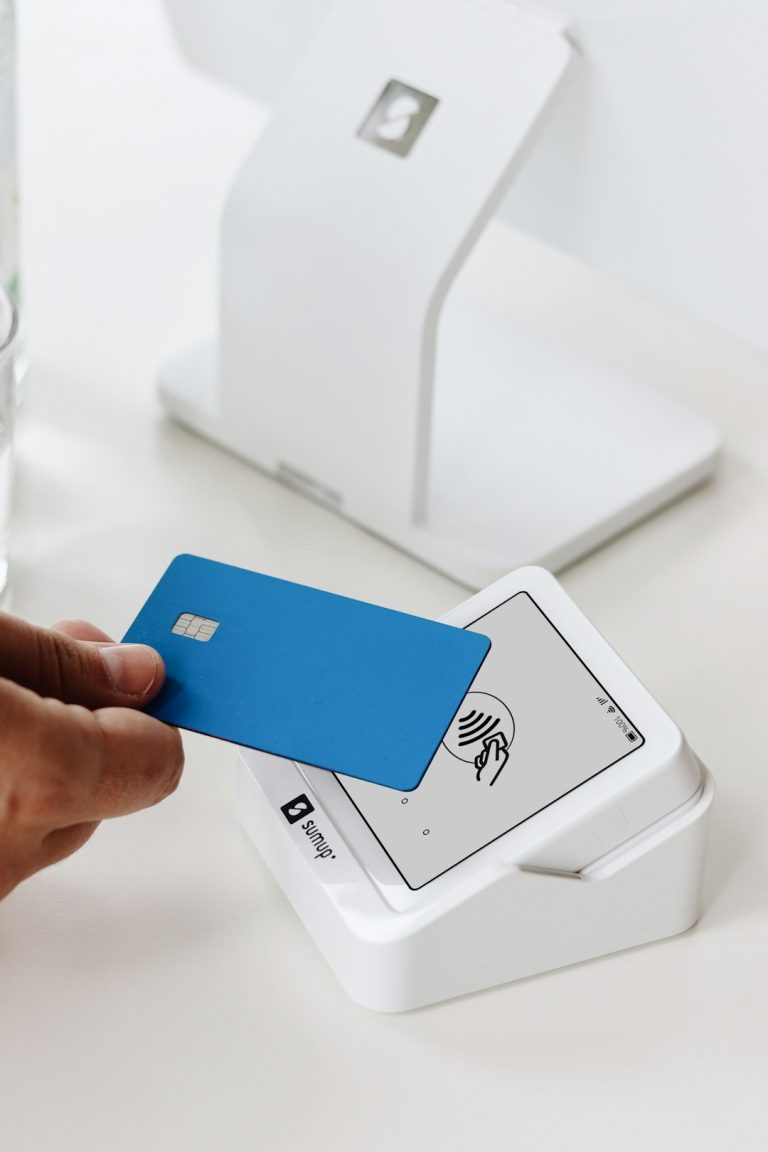Credit Score Needed For Business Card
As a small business owner or entrepreneur, having a business credit card can be a valuable tool for managing your finances and separating personal and business expenses. One of the key factors that determine your eligibility for a business credit card is your credit score. In this article, we will discuss the credit score needed to qualify for a business card and provide tips on how to improve your credit score.
What Credit Score Do You Need?
Most business credit card issuers require a good to excellent credit score to qualify for their cards. Generally, a credit score of 670 or higher is considered good, while a score of 740 or above is considered excellent. However, the specific credit score requirements may vary depending on the card issuer and the type of business card you are applying for.
Before applying for a business credit card, it’s essential to check your credit score to see where you stand. You can obtain a free copy of your credit report from each of the three major credit bureaus – Equifax, Experian, and TransUnion – once every 12 months at AnnualCreditReport.com. Reviewing your credit report will help you identify any errors or negative items that could be impacting your score.
How to Improve Your Credit Score
If your credit score is below the required threshold for a business credit card, there are several steps you can take to improve it:
- Pay Your Bills On Time: Payment history is one of the most significant factors that impact your credit score. Make sure to pay all your bills on time to avoid late payments and negative marks on your credit report.
- Reduce Your Credit Utilization: Aim to keep your credit card balances below 30% of your available credit limit. High credit utilization can lower your credit score.
- Monitor Your Credit Report: Regularly check your credit report for errors and dispute any inaccuracies that could be dragging down your score.
- Limit New Credit Applications: Each time you apply for new credit, it results in a hard inquiry on your credit report, which can temporarily lower your score. Be selective about applying for new credit cards or loans.
- Keep Old Accounts Open: Closing old accounts can shorten the average age of your accounts and potentially lower your score. Keep old accounts open even if you’re not using them regularly.
Choosing the Right Business Card
Once you have improved your credit score and are ready to apply for a business credit card, research different card options to find one that best suits your needs. Consider factors such as rewards programs, annual fees, interest rates, and introductory offers when comparing business cards.
Some popular business credit cards include the Chase Ink Business Preferred, American Express Business Gold Card, and Capital One Spark Cash for Business. Each card offers unique benefits and rewards tailored to different types of businesses.
Final Thoughts
Your credit score plays a crucial role in determining your eligibility for a business credit card. By maintaining a good to excellent credit score and following responsible financial habits, you can increase your chances of qualifying for a business card with favorable terms and benefits.
Remember to regularly monitor your credit score and report, as well as take proactive steps to improve your financial health. With the right strategies in place, you can achieve a strong credit profile and access the financing options needed to support and grow your business.






